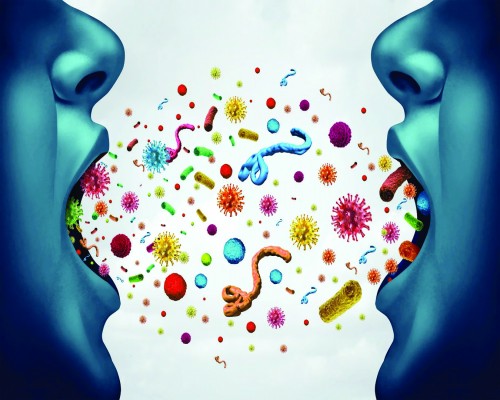Microorganisms in the Body Will Reveal if You Are at Home or Somewhere Outside

Microorganisms in the Body Will Reveal if You Are at Home or Somewhere Outside
In the future, there may be no need for GPS to track a person’s location. Now, microorganisms present in the body, such as bacteria and fungi, that constantly change with environmental conditions can act as natural markers. Scientists have developed an artificial intelligence (AI) tool to recognize these changes and identify locations. This research was published recently, highlighting that these microorganisms can serve as location indicators.
In a study conducted at Stanford University, it was observed that various environmental influences on microorganisms could reveal a person’s physical location at any given time. The AI tool can even detect the difference between indoor and outdoor environments by recognizing the unique microbial changes that occur.
Lead researcher Aaron Elhadj explained that these microbes change over time and location, and when combined with AI, this tool can help determine the exact place a person has been. This technology may assist in criminal investigations by verifying if an individual was present in a specific location.
This tool could also be integrated into mobile devices, allowing phones to change settings automatically based on location, such as switching profiles from home to office mode. Researchers believe this advancement can also predict a person’s health risks based on environmental microbial changes.
Impressive Performance
• The AI tool achieved 92% accuracy in identifying specific cities during trials across 92 cities.
• It succeeded in recognizing samples from 18 countries, effectively pinpointing distinct geographical areas.
During testing in Hong Kong, London, and Hamburg, AI correctly identified the most stations among samples, achieving 564 feet precision in just a few seconds. Such accuracy was also observed in other cities.
Technical Insight
According to the researchers, everyone’s microbial fingerprint is unique, and these fingerprints can be traced to pinpoint exact locations. However, the technology currently works best in locations with stable environmental conditions, such as cities.
This innovative tool is a promising step towards redefining how we understand and utilize location-based technology, potentially even advancing health diagnostics by monitoring environmental microbial interactions.























